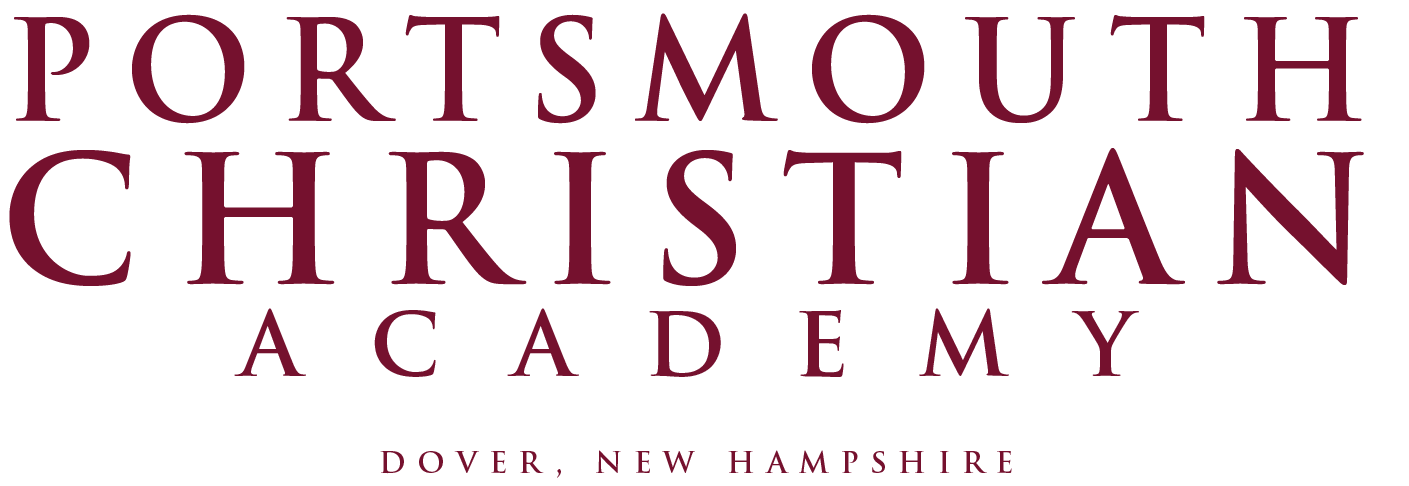Questions to Ask When Exploring Faith-Based Middle School

Middle School is a time of big change in a child’s life. Parents want to be sure that their child is in a safe, loving environment during these critical years of development and growth. They want to know that the school culture is healthy and that the people and environment where their child will spend 35+ hours each week will be a positive influence. Whether that means staying at the school your child grew up in, moving to the next level in a school system, or transitioning to a new school altogether, the below questions may serve as a guide for parents as they explore the right fit for their child.
1. What separates you from other schools?
Middle School is a unique time of change in your child’s life. Research shows that at this time of a person’s life, the brain goes through significant changes, similar to those in infancy/toddler years. If you’re looking for a private school option, chances are you are looking for something specific to meet your child’s needs. At the start of your visit or online research, ask this question to each school. You should see evidence of these unique differentiators on your tour, and identifying what the school sees as unique will be a helpful hint for you into their philosophy and priorities.
2. How do you work with children who need support or challenge?
By Middle School, you probably have an idea of your child’s areas of strength and areas where academic support is needed. You may also have recognized your child growing bored in class and in need of additional challenge. Schools are equipped to meet these needs in different ways. Ask specific questions about what support will look like for your child to understand how the school will approach your child’s learning style.
3. How are faith and learning integrated?
Faith-based schools take a variety of approaches to integrate faith and learning. You’ll want to find a school that approaches faith and learning in a way that is compatible with your family’s philosophy. You’ll also want to explore how the school approaches questions of faith, as your Middle School student is likely beginning to ask more questions at this stage.
4. What is the student-teacher ratio?
Student-teacher ratios vary from school-to-school and have an effect on classroom learning. With a low student-teacher ratio, educators may easily identify your child’s learning style, personality, and habits. With a higher student-teacher ratio, you may find classrooms to be more collaborative or social and student success may depend on the ability to self-motivate.
5. How do you handle discipline?
Disciplinary models vary from school to school. As you search for the right fit for your family, consider your own family’s model. Does the school align with your family’s perspective? Will your child respond to discipline in the classroom based on the chosen model?
6. What are the enrichment opportunities?
By Middle School, your child may have identified some unique interests and talents, but that doesn’t mean they should only focus on areas they feel they are “good at”. Exposing Junior High students to many enrichment options will allow them to continue to develop an appreciation for different subjects and to grow their interests.
7. What qualifications do you look for in hiring teachers?
Teacher certifications vary from state to state, with some not requiring all faculty to have certification. Additionally, teachers have varying levels of qualifications… from different degrees and certifications to things like bi-lingual skills or a foundation of faith. You’ll want to explore what types of qualifications are important to you and how the school’s priorities match your own.
8. How does your school support the unique needs of Middle School students?
Middle School is a significant time of change and development. Schools that focus on the developmental changes in Middle School are uniquely prepared to teach and support children through years that are often challenging (for example, at Portsmouth Christian Academy this includes a class that focuses on Executive Functioning Skills). Ask schools how they encourage Middle School students to develop life skills and to navigate the changes of adolescence.
9. Do you offer financial aid?
Affording private education looks different for every family. As you evaluate your family’s financial situation, keep in mind that many schools offer assistance or reduced tuition rates based on financial need. In some cases, tuition programs can significantly reduce the cost.
It is our hope that your school search will bring you to a place that is uniquely equipped to meet your child’s needs. We see education as a partnership with parents, and we hope that these questions will guide you towards finding a school that is the right fit for your partnership.
Are you ready to explore Middle School for your child? Portsmouth Christian Academy’s next Open House is on August 4th at 6PM. You’ll have the opportunity to ask these questions, and others, when you meet PCA’s teachers, principals, and parents. Learn more about Open House and register at this link.
Ranked “#1 Private K-12 School in New Hampshire” by Niche 2019 and 2020 Best Schools, Portsmouth Christian Academy has been inspiring students on the seacoast to maximize their potential for forty years. PCA provides a nurturing educational environment that emphasizes Christ-centered community, outstanding academics, differentiated learning, and exceptional character. Located just minutes northwest of Portsmouth, NH on a fifty-acre riverfront campus, PCA is a dually accredited, independent, college-preparatory day school where young people from preschool to Grade 12 are challenged to thrive academically and grow as servant-leaders prepared to impact the world for good. For more information, visit pcaschool.org.


